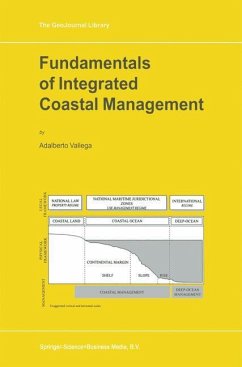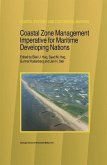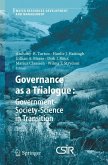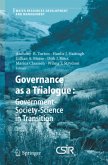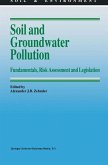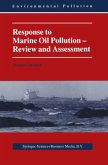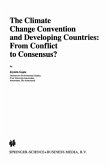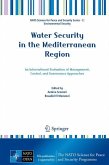by Elisabeth Mann Borgese Founder and Honorary President International Ocean Institute Adalberto Vallega has been, for decades, a master and great teacher of integrated coastal management and Mediterranean cooperation. This new book, of an almost en cyclopaedic scope, is a most original contribution to the rapidly growing literature on the subject, of equal value to the academic community which will greatly appreciate the theoretical, historic and philosophical underpinning of the work, and to the practi tioner, the planner, regulator and manager, who will find in these pages most useful "checklists" for his duties and responsibilities. Vallega perceives the need for Integrated Coastal Area Management (ICAM) in the broader context of the ongoing third industrial revolution, which he calls the trans-industrial stage, in its interaction with climate change. There have been profound changes in the economies of the industrialized coun tries. The development of the new High Technologies,including micro-electronics, genetic engineering, new materials, has accelerated the transition from an economic system based primarily on production to one based very largely on services. This, in turn, has facilitated "globalization" of production systems and services, including the financial system, as well as the migration of people The ongoing global "Great Peo ple's Migration" is, generally, from the hinterland to the coasts where, already today, over 60 percent of the human population resides, exercising unprecedented pressures on the coastal and marine environment. Clearly, this justifies the current emphasis, at global, regional and national levels, on the need for coastal management.
Bitte wählen Sie Ihr Anliegen aus.
Rechnungen
Retourenschein anfordern
Bestellstatus
Storno

